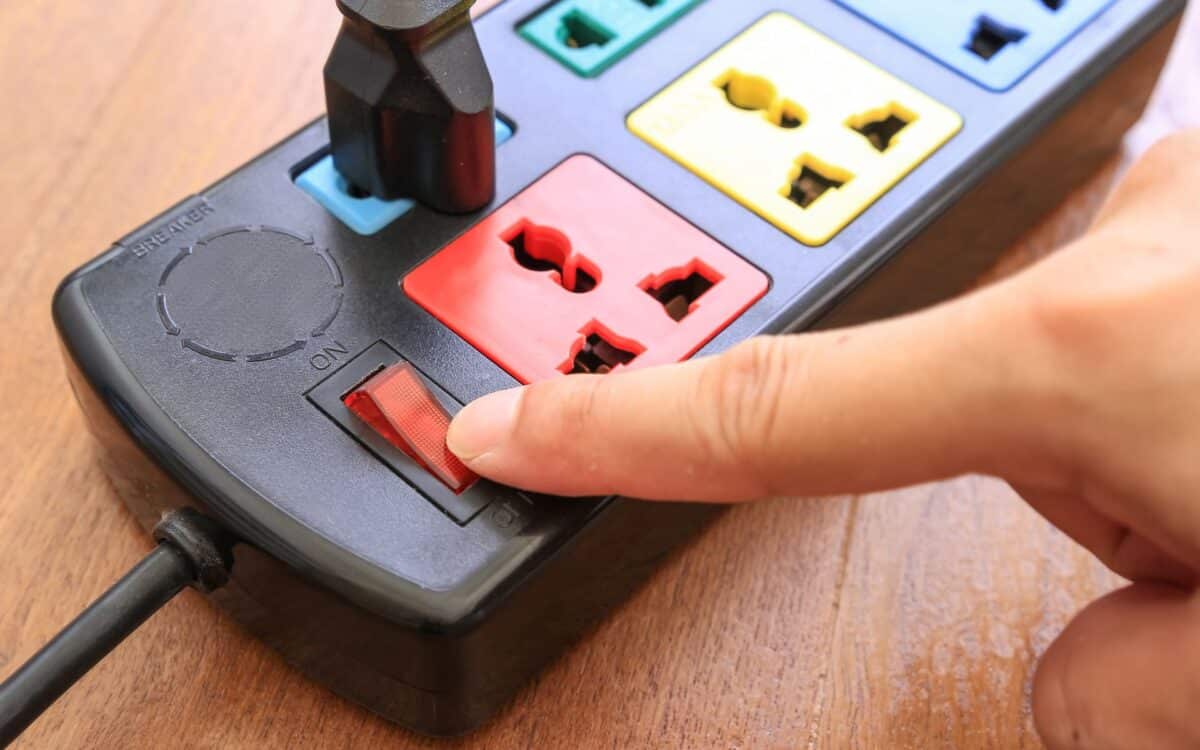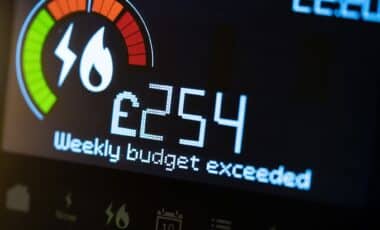Electricity costs have fluctuated significantly over the past two years, creating ongoing financial challenges for many households. While they are no longer at the record highs seen in late 2023 and early 2024, the overall cost of electricity remains a concern, with prices still unpredictable.
Even small adjustments in daily habits can help reduce unnecessary energy consumption and lead to noticeable savings over time. Many people focus on cutting back their usage during peak hours, but one often-overlooked issue is the amount of energy wasted by appliances left on standby mode.
While it may seem insignificant, standby power usage—often referred to as “vampire energy”—adds up over time, silently increasing electricity bills.
According to Devon Live, many homeowners are unaware of just how much energy is wasted by leaving devices plugged in but not in use, with some appliances consuming more power than expected even when idle.
Experts at Eclipse Energy highlight three specific appliances that should never be left on standby, as they continue to draw power even when not actively in use.
Switching them off completely could lead to noticeable reductions in electricity costs, helping households take control of their energy consumption without major lifestyle changes.
Televisions
Televisions are among the most energy-consuming devices when left on standby. Even when turned off but still plugged in, a TV can use up to 20 watts of power, gradually increasing household electricity usage.
According to data from The Energy Saving Trust, completely switching off a television rather than leaving it on standby can save around £30 per year on electricity costs.
This figure may seem modest, but considering that many homes have multiple TVs, the cumulative impact of standby consumption across all devices can be substantial over time.
In addition to turning off the TV itself, external devices connected to the television—such as soundbars, streaming sticks, or gaming consoles—also continue to draw power unless fully shut down.
Experts recommend switching off these devices at the wall to further reduce unnecessary energy use.
Satellite TV Boxes
Set-top boxes, including Sky and Virgin Media devices, are another major culprit when it comes to standby energy consumption. Some models use up to 30 watts even when idle, consuming electricity throughout the day and night.
Experts recommend turning off these boxes completely when not in use, which could result in annual savings of approximately £20.
Many set-top boxes remain on standby overnight or for extended periods, meaning that over a year, they can waste a considerable amount of electricity without the user even realising it.
Some newer models offer automatic power-down settings, which can help minimise this energy drain, but manually switching them off at the plug remains the most effective solution.
Game Consoles
Modern gaming consoles, even with built-in energy-saving features, are among the biggest contributors to standby power consumption. Some high-performance models can use up to 45 watts while not actively in use, particularly when left in rest mode to enable quick start-up times or background updates.
By powering down consoles completely or unplugging them when not needed, users can reduce their energy bills by about £30 per year.
For households with multiple gaming devices, especially those used frequently by different family members, ensuring they are fully powered down when not in use can prevent unnecessary energy loss.
Many consoles also offer power-saving settings, such as automatic shutdown after a period of inactivity, which can further reduce electricity consumption.
The Impact of Standby Energy Consumption
While these individual savings may seem modest, combined they can significantly reduce annual electricity costs.
Standby power consumption accounts for a notable percentage of household energy use, with some estimates suggesting that standby devices can account for up to 10% of total electricity consumption in some homes.
By switching off TVs, set-top boxes, and gaming consoles when they are not in use, households could save up to £80 per year—a simple yet effective way to cut costs without sacrificing comfort.
Beyond just financial savings, reducing standby energy use contributes to a lower carbon footprint, making it an environmentally responsible habit.









